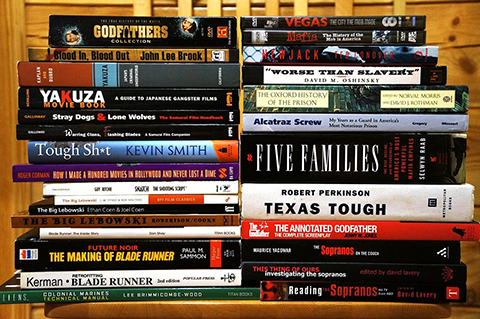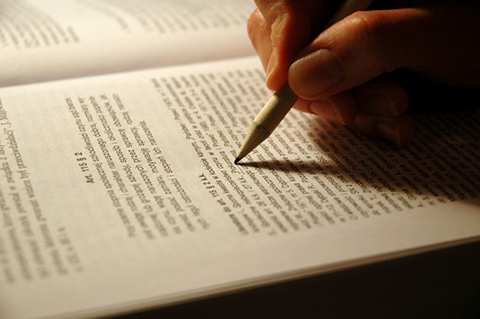
October 2015 Issue
Read, Comment and Enjoy!
Join Translation Journal
Click on the Subscribe button below to receive regular updates.
Difficulties of Literary Translation
- Details
- Written by Arsenii Shack

How often do you read books of foreign writers? And do you read them in the original version or translated into your native language? Just think for a minute: how many works of literature would be unavailable for reading in the absence of translators, who are ready to open for you the virtual world that is created on the pages of books?

Literary translation is an art; it is creativity which is incompatible with literalism. But what happens next? It suddenly turns out that the translator of literary works is actually a writer who practically rewrites the book and recreates it for the reader. And here you are not able to do it without a writer's gift. Not for nothing do translators consider this kind of translation one of the toughest ones in this profession.

It cannot be compared to translation of business negotiations, as the official phrases must give the information the other person expects. It is not like interpretation, where rapid response and the exact words are most important, but the absence of harmony is quite forgivable. Literary translation of any language has to be done in that way so that the atmosphere of the story, the author’s style has been preserved to the full.

By the way, have you ever thought that when you are speaking about your admiration of a certain foreign writer, you are actually admiring the level of skill of the translator who translated this text for you? Being able to make the text readable and interesting, to conserve the original style and to convey the idea of the writer is the gift of the interpreter who took this job. And the translator should master the theory and practice of literary translation throughout his whole life.
So it is no wonder that literary translation has many features, and, of course, certain difficulties. First, it is the total lack of literalness in translation. This kind of translation is not intended to do it literally, word by word. That is why literary translation is a subject of disagreement among scholars and translators.

Second, it is translation of aphorisms and idioms. This issue is not as complicated as it might seem at first glance, but it requires a large vocabulary and the availability of a specialized dictionary. Third, it is play on words and humor. One of the most interesting moments in literary translation is when the translated text has humorous or ironic implications. It is necessary to have special skills to manage to keep that play on words that the author means.
And fourth, it is compliance of styles, cultures and epochs. The translator of literary texts should be in some way the researcher. It is difficult to translate the text of a different era, a different culture, if you are not familiar with its features. And again, we come to the fact that the translator must be talented. If you are not talented, you will never become a master, whose works will be read with pleasure and delight.